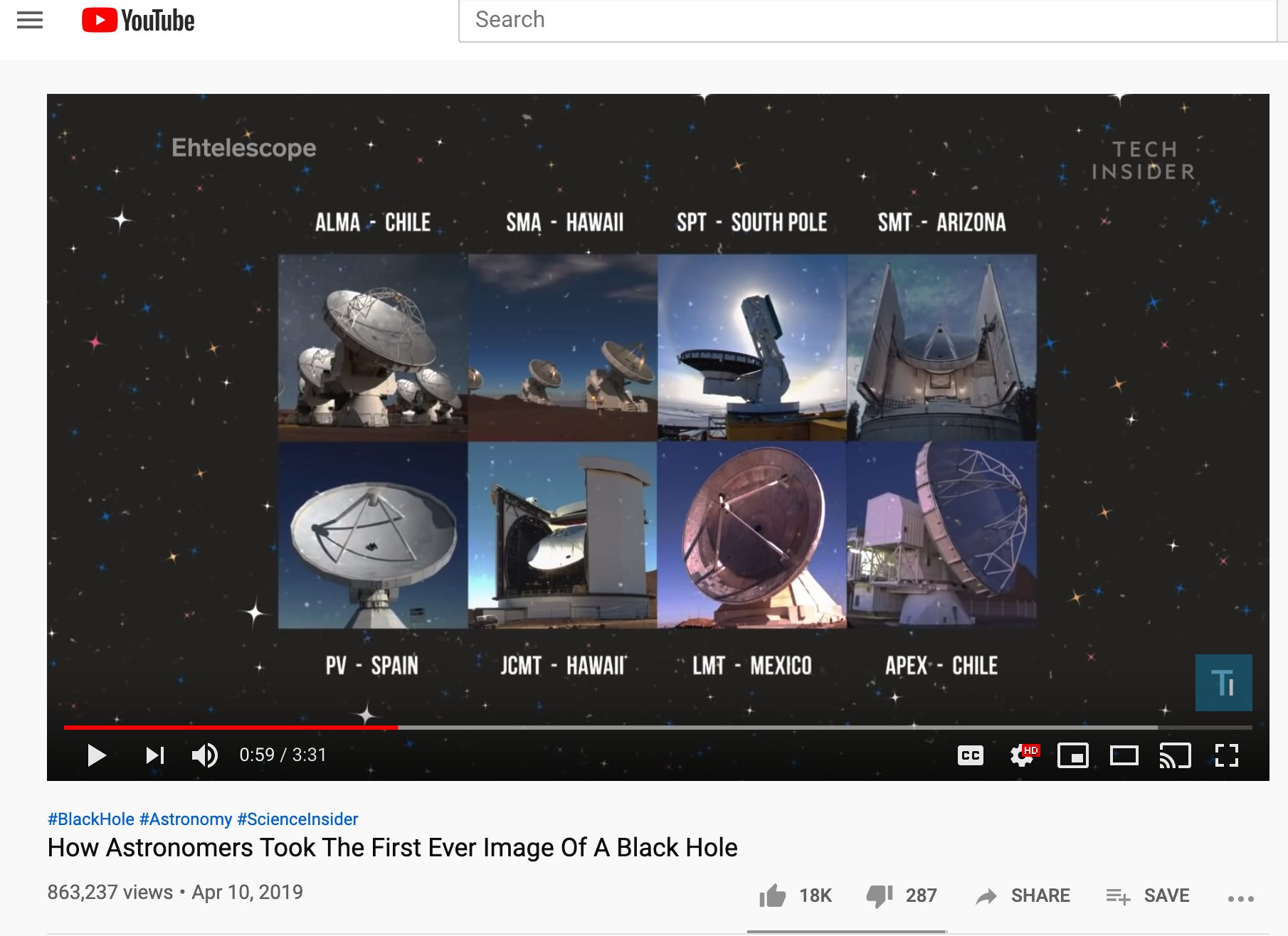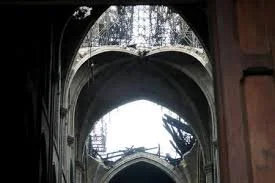This past April, after two years of combining and analyzing data, global astronomers constructed the first ever image of a black hole. The Event Horizon Telescope Team (named after the term for the the edge of a black hole that is the gravitational place of no escape) brought together eight radio telescopes stationed at different points across the planet and synced by powerful atomic clocks.
As I learned more about this miraculous event, I was struck by the similarities between a black hole and the subtle, almost impossible to name, darkness that inhabits many people’s stories.
I grew up in a good Christian home.
My parents were never divorced.
I always had everything I needed.
I was never abused growing up.
These statement can all be true and an adult can still struggle deeply with issues that make them feel crazy. We all have unnamed places of darkness in our lives and I believe speaking our untold stories in community requires a great cloud of witnesses (maybe even eight!) to see the way well-disguised harm has robbed our lives of light.
Evil by its very nature is invisible. The more subtle evil is, the harder it is to image. The most important photos of our lives are ones where there is no light. But how do we take a picture of something that does not emit light? How do we see a void?
No single person on earth can take a picture of the damage done by darkness in their story. Ours lens are all too small. We all need an Event Horizon Team. A team to see the accretion disks in our past—the points in time when our dignity traveled so close to darkness that it broke apart our glory.
As you watch the video below, do you hear how difficult it is to capture the voids of protection, care, comfort and nurturing in our stories? When in your story do you suspect the gravitational pull of darkness? Do you have an Event Horizon Team that helps you bring together these elusively invisible images?








